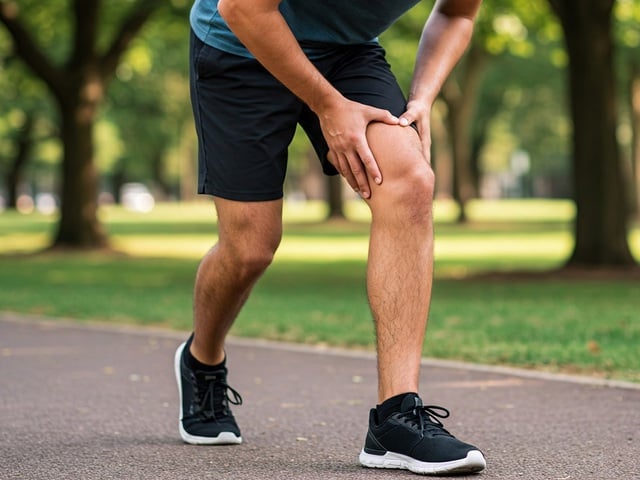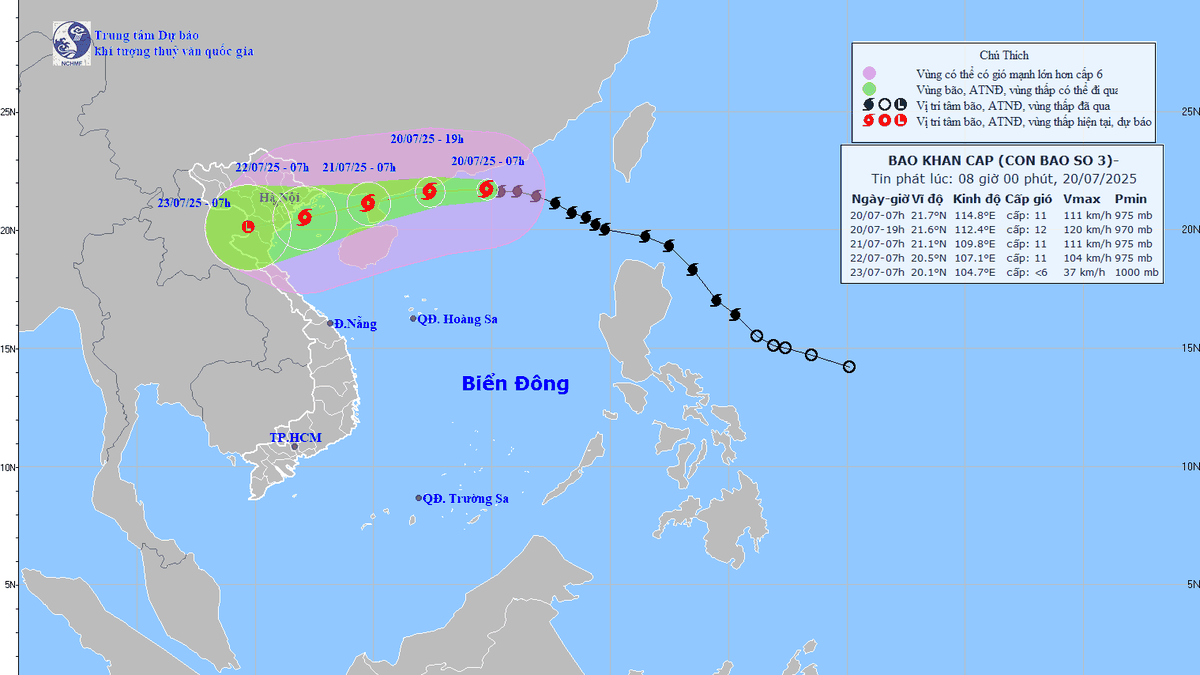These reactions include increased hormone secretion, immune system activation, and emotional responses. All of which have a major impact on the recovery process. Understanding this mechanism will help the treatment and recovery process to be effective, according to the health website Medical News Today (UK).

Trauma not only spikes stress hormones but also increases the risk of anxiety.
ILLUSTRATION: AI
Sports injuries will cause the following effects on the body.
Safely increase adrenaline to avoid injuries in sports and everyday activities
When you are injured, especially if you are seriously injured, your adrenal glands release the hormone adrenaline. This is a natural response that helps your body deal with the threat of injury. Your heart rate and blood pressure increase. Adrenaline also dilates your airways to increase the amount of oxygen reaching your vital organs.
The sudden increase in this hormone will temporarily mask the pain, allowing the injured person to continue to function temporarily despite the damage to the body. However, when the adrenaline level decreases, the pain and severity of the injury will become more obvious. Therefore, when suffering a sports injury, if the practitioner does not feel pain at the moment, he should not be subjective. That does not mean the injury is minor.
Increased cortisol
In addition to adrenaline, the body also releases the hormone cortisol in response to trauma. Cortisol is also secreted by the adrenal glands and plays an important role in regulating stress and inflammation. This hormone helps regulate metabolism, reduce inflammation, and control blood sugar.
However, if cortisol levels are elevated over a long period of time, it can be harmful. Chronically high cortisol levels can weaken the immune system, increase blood pressure, and lead to weight gain. In the case of injury, prolonged high cortisol can slow the healing process and increase the risk of infection. Therefore, it is important to monitor and control cortisol levels.
Stress and emotional disorders
Trauma not only affects the physical body, but it also has a huge impact on the psychological and emotional aspects. Experiencing trauma can lead to anxiety, depression, or post-traumatic stress disorder (PTSD).
Increased risk of infection
Wounds, especially open wounds, damage the skin, the body’s first line of defense. When the skin is damaged, bacteria and microorganisms can enter, increasing the risk of infection. Factors that influence the risk of infection include the severity of the wound, the environment in which the injury occurs, and the immune health of the injured person, according to Medical News Today.
Source: https://thanhnien.vn/chan-thuong-the-thao-4-tac-dong-den-co-the-it-nguoi-biet-185250513163803906.htm



































































































Comment (0)